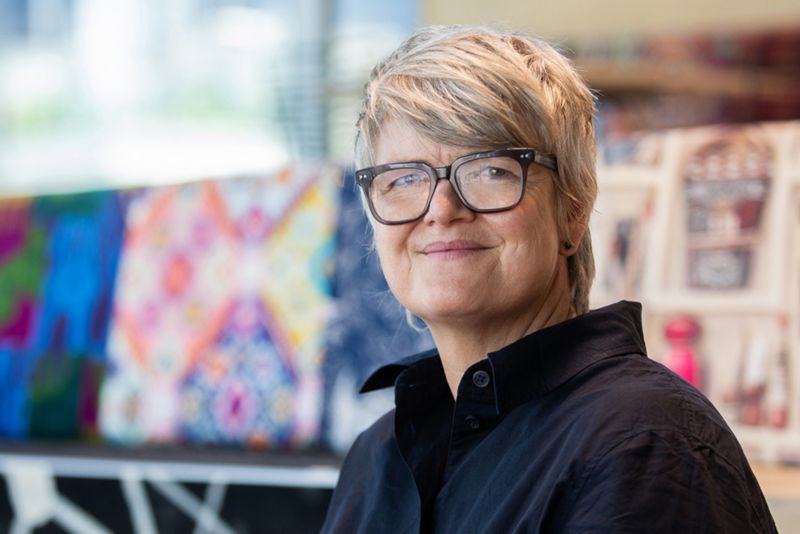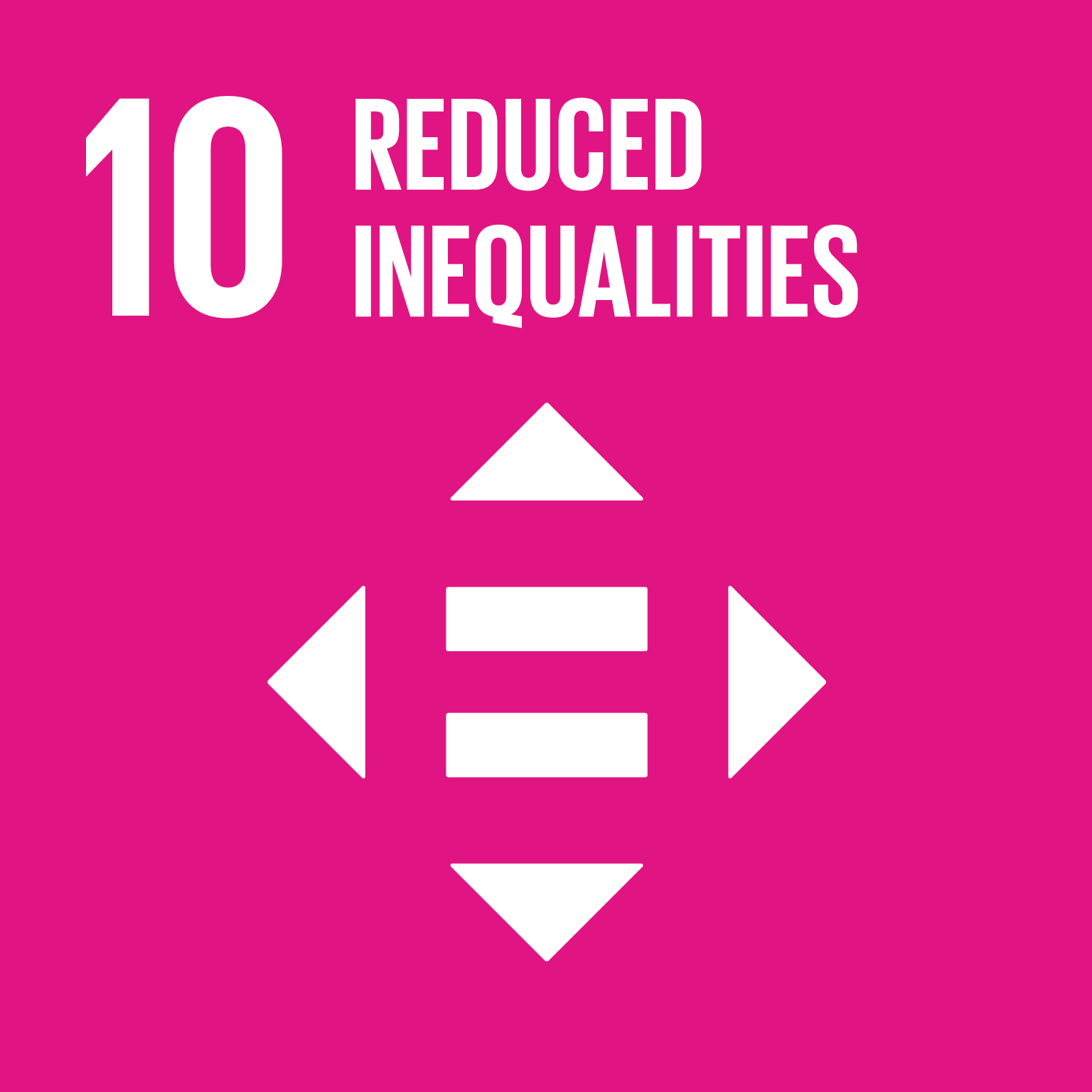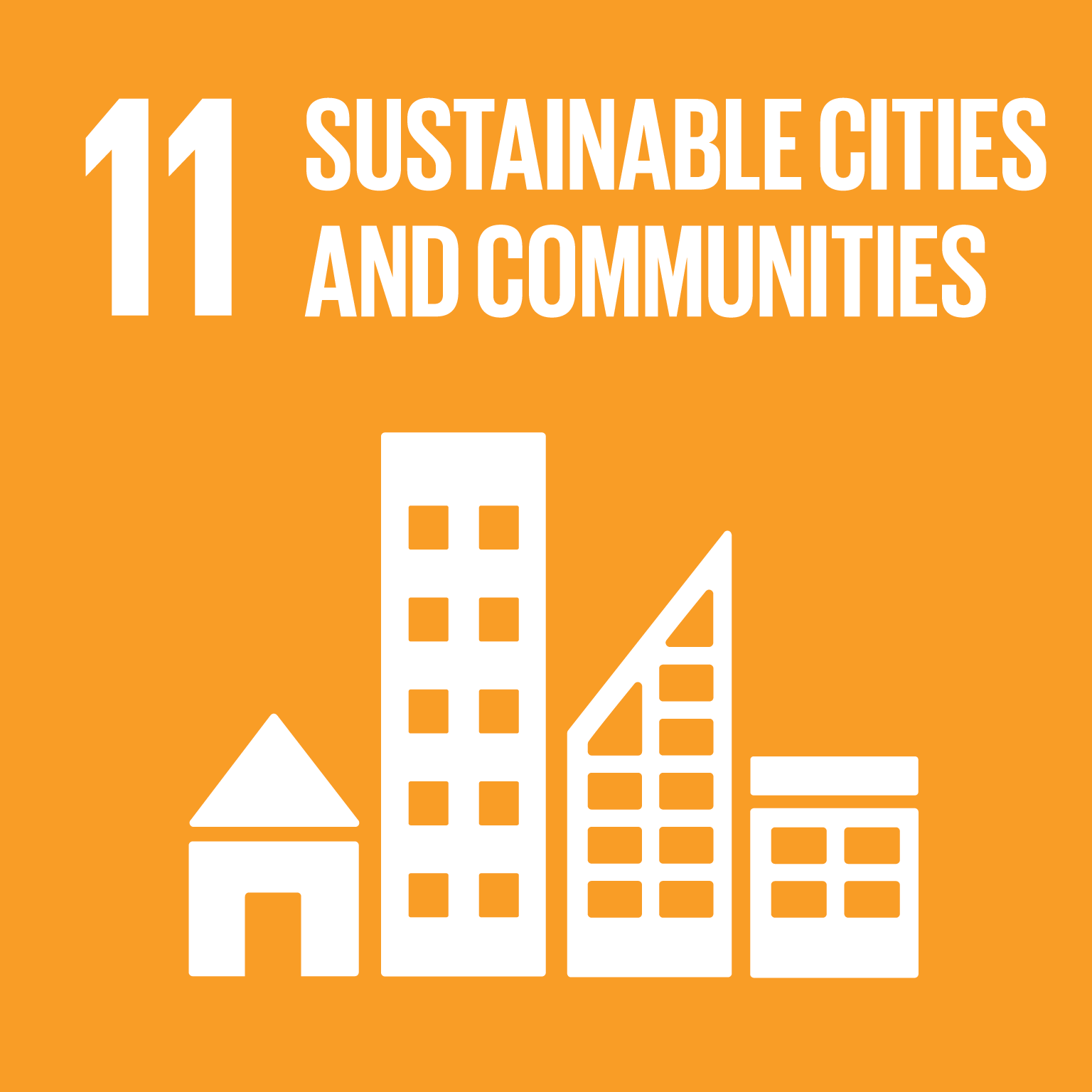


Dean, School of Global, Urban and Social Studies


We deliver innovative undergraduate programs of study in environment and urban planning, criminology and criminal justice, social work and youth work, global and language studies. There are options to study double majors/degrees with environmental sciences or psychology, and to explore interdisciplinary interests through the selection of minors or electives outside of the core program.
At postgraduate level we offer professional development courses in gender and family violence, development studies, global security, urban sustainability, and translation and interpreting alongside advanced study in policy, practice, innovation and evaluation through our master degrees in social work, public policy, justice and criminology, global studies, language and interpreting, urban planning and environment.
Alongside values of inclusion, integrity, and imagination we promote the values of curiosity, criticality, courage and care so that our graduates go into their careers as agents of social change, able to adapt and transform policy, practice, environments, and lives.
Internships, placements, and global experiences are central to the learning experience in GUSS. We prepare graduates and enhance their career options in community and criminal justice services, security, diplomacy, international development, humanitarianism, climate change responses, urban environment, policy and sustainability domains, as well as accredited professions such as social work and urban planning.
We partner with industry and communities to respond to the most pressing social, environmental and global challenges of our time. We are a research-intensive school, generating over $6 million each year of external income and Research Impact through our global networks is at the heart of our work.
The school hosts two large research centres, Centre for Urban Research and Social Equity Research Centre, a Policy, Research and Impact unit specialising in research training, policy insight and social innovation, and a substantial HDR program with over 80 students.
We offer education and research specialisms in Global and Language Studies that are popular with all students, but our international outlook can be found throughout our programs. Our international collaborators are based in the Asia Pacific and Europe, and we also have links in North and South America.
Our staff and students come from over 48 countries. We have deep connections with RMIT Europe and RMIT Vietnam and have been awarded EU Horizon funding in areas related to nature-connectedness and loneliness, edible cities and urban greening. Our staff and students have opportunities to take part in international exchanges, internships and global experiences to enhance their career development, with recent study tours focused on Sustainable Cities in Vietnam, Globalism and Human Rights in Malaysia and Conflict and Peacekeeping in Holland and Bosnia.
Address: 360 Swanston Street, Melbourne, VIC 3000
Location: Melbourne City Campus, Building 8, Level 10
Hours: Monday to Friday: 9am–5pm
Phone: +61 3 9925 2328
School of Global, Urban and Social Studies
GPO Box 2476
Melbourne, Victoria - 3001
Phone: Call +61 3 9925 5000 and select the option to 'Speak to your School' then 'College of Design and Social Context'.
Operating hours: 9am-5pm Mon-Thurs, 10am-5pm Friday excluding public holidays.
Centre for Urban Research: cur@rmit.edu.au
Social Equity Research Centre: serc@rmit.edu.au
The School of Global, Urban and Social Studies is led by a team of professionals with knowledge and experience across their fields, including sustainability, language studies, justice, and social work, and more.


RMIT University acknowledges the people of the Woi wurrung and Boon wurrung language groups of the eastern Kulin Nation on whose unceded lands we conduct the business of the University. RMIT University respectfully acknowledges their Ancestors and Elders, past and present. RMIT also acknowledges the Traditional Custodians and their Ancestors of the lands and waters across Australia where we conduct our business - Artwork 'Sentient' by Hollie Johnson, Gunaikurnai and Monero Ngarigo.
Learn more about our commitment to Indigenous cultures